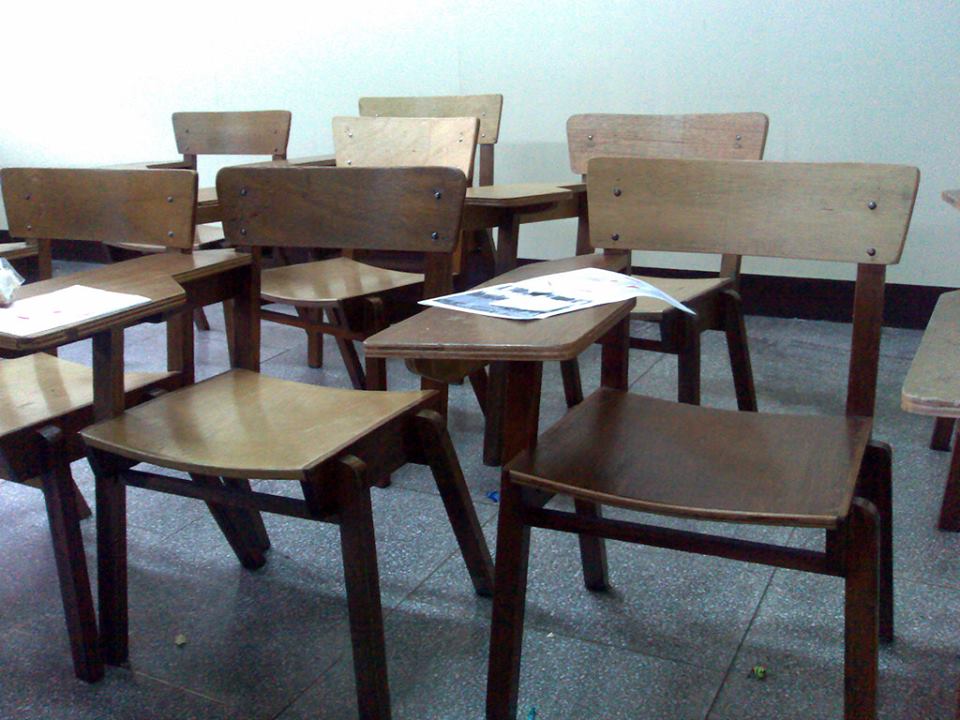Headline
Pinoys urged to elect pro-education candidates
MANILA — An education advocacy group on Monday urged education stakeholders to choose leaders who will prioritize education in their legislative agenda.
“There is a need for stakeholders across various sectors of society to be deliberate and coordinated with our efforts to push for reforms in education. However, it is crucial that we choose leaders who are going to advocate for these policies aligned with the Philippine long-term development plan,” Philippine Business for Education (PBEd) executive director Lovelaine Basillote said in policy forum in Makati City.
Basillote said having such leaders would impact the government’s long-term vision for national development, known as “AmBisyon Natin 2040.”
Under this platform, the education system must ensure that Filipino graduates acquire relevant competencies and develop values which would guarantee improved and quality life for all Filipinos.

Meanwhile, PBEd chair Ramon del Rosario noted that the Philippines has one of the highest unemployment rates in Asia, and Filipino graduates lack skills demanded by industries.
“Based on the latest data from the International Labor Organization, 21.7 percent of youth in the Philippines are not in education, employment or training as of 2017. This goes back to the poor learning that happens in our schools as evidenced by the National Achievement Test,” he said.
Del Rosario urged government officials, industry leaders, civil society representatives and members of the academe who attended the forum to work together and have synchronized efforts to promote education reforms.
“Let us disabuse ourselves of the idea that we can go at it alone as our individual efforts are small in comparison to the enormity of what is demanded of us. We’ll be measured ultimately by our collective persistence and our ability to make inroads hand-in-hand,” he said.
Founded in 2006, PBEd is an advocacy group which conducts an annual assessment of the Philippine educational system to ensure it provides quality learning in the context of global economy. It promotes greater industry participation of learners in standard setting and increased partnerships among government, industry, and academe.





















